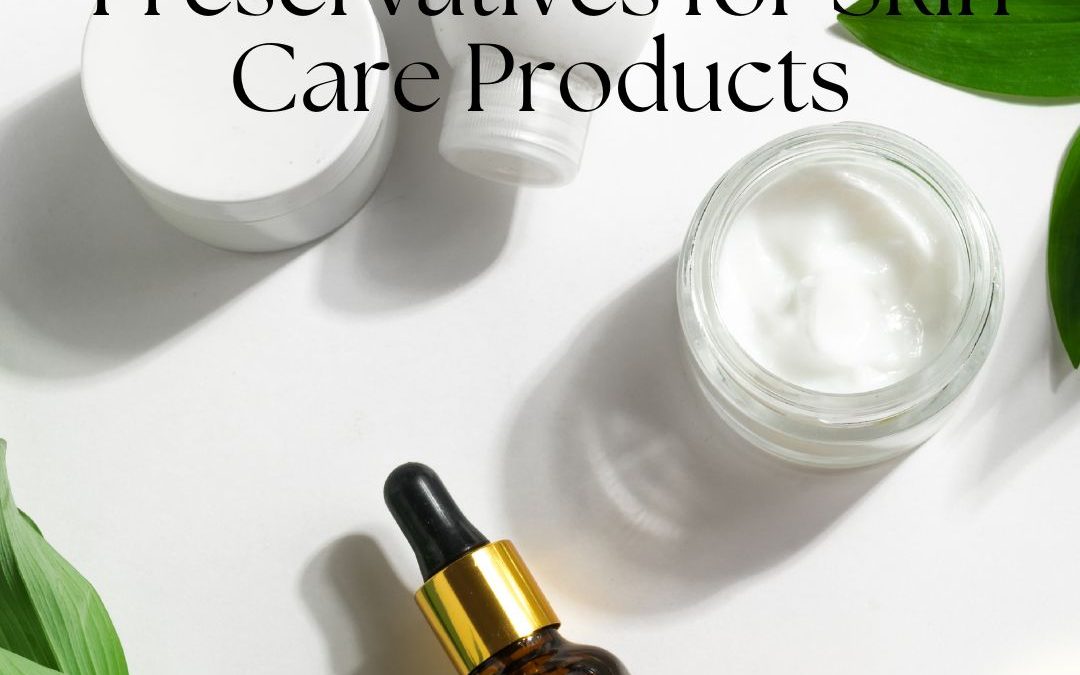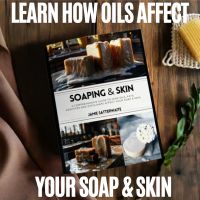This post may contain affiliate links, to learn more about them, check out our Disclosure.
What Preservatives Do You Need for Skin Care Products?
When creating skin creams, choosing the right preservative is crucial to ensure your product remains safe, effective, and free from harmful microbial growth. Preservatives protect water-based formulations from bacteria, yeast, and mold contamination. In this guide, we will explore four popular preservatives: Optiphen Plus, Germall Plus, Germaben II, and Phenonip, and help you determine which preservative is best suited for your skin cream formulations.
Understanding Preservatives for Skin Care Products
Preservatives are essential for any formulation containing water, as water creates a breeding ground for microorganisms. Depending on your formulation type, pH levels, and desired “natural” status, certain preservatives will be more appropriate than others. Below is a detailed comparison of Optiphen Plus, Germall Plus, Germaben II, and Phenonip.
1. Optiphen Plus
- Composition: Phenoxyethanol, Caprylyl Glycol, and Sorbic Acid.
- Uses: Optiphen Plus is a broad-spectrum preservative effective against bacteria, yeast, and mold. It is particularly popular in natural and organic skincare products due to its mild profile.
- Best for: Water-based skin creams with a pH below 6.
- Natural Status: Semi-natural. Phenoxyethanol is synthetically derived but widely accepted in “natural” formulations. Sorbic acid, another component, is derived from natural sources.
- Special Notes: Optiphen Plus is unsuitable for high-pH products or completely anhydrous (water-free) formulations.
2. Germall Plus
- Composition: Diazolidinyl Urea and Iodopropynyl Butylcarbamate.
- Uses: Germall Plus provides robust protection against bacteria, yeast, and mold. It is a strong preservative that works well in small amounts, making it cost-effective.
- Best for: Water-based skin creams and lotions.
- Natural Status: Not considered natural due to its synthetic components. Diazolidinyl urea is a formaldehyde releaser, which some consumers may wish to avoid.
- Special Notes: Germall Plus cannot tolerate heating above 122°F (50°C) during formulation.
3. Germaben II
- Composition: Propylene Glycol, Diazolidinyl Urea, Methylparaben, and Propylparaben.
- Uses: Germaben II is a pre-dissolved broad-spectrum preservative that protects emulsions (oil and water mixtures) effectively. It prevents bacterial, yeast, and fungal growth.
- Best for: Emulsified skin creams and lotions.
- Natural Status: Not natural, as it contains parabens and synthetic components.
- Special Notes: Germaben II is easy to use but should not be added to formulations above 122°F, as it may degrade.
4. Phenonip
- Composition: Phenoxyethanol, Methylparaben, Ethylparaben, Propylparaben, and Butylparaben.
- Uses: Phenonip is a versatile broad-spectrum preservative. It works in oil-based products, emulsified formulations, and products with a wide pH range (3-8).
- Best for: Oil-based skin creams, body butters, and emulsified formulations.
- Natural Status: Not natural due to the presence of parabens.
- Special Notes: Phenonip is effective in heated and anhydrous formulations, making it ideal for products with an oil phase.
Choosing the Right Preservative for Skin Creams
The best preservative for your skin cream depends on several factors:
- Formulation Type: Water-based, emulsified, or oil-based.
- Natural or Synthetic Preference: Choose Optiphen Plus for a more natural profile.
- pH Range: Optiphen Plus is ideal for acidic products, while Phenonip works in a wider pH range.
- Heat Stability: Germall Plus and Germaben II require low temperatures during formulation.
| Preservative | Natural Status | Best for | Special Notes |
|---|---|---|---|
| Optiphen Plus | Semi-natural (acceptable) | Water-based products (pH < 6) | Gentle, suitable for natural-focused products |
| Germall Plus | Synthetic | Water-based products | Strong, economical, avoid high-heat formulations |
| Germaben II | Synthetic | Emulsions (oil + water) | Contains parabens, cannot tolerate high heat |
| Phenonip | Synthetic | Oil-based & emulsified products | Effective in a wide pH range, versatile but contains parabens |
FAQs About Preservatives for Skin Creams
Q: Are preservatives necessary for all skin creams? A: Yes, if your cream contains water, a preservative is essential to prevent microbial growth. Anhydrous products (like certain balms or butters) may not require preservatives but still benefit from antioxidants to prevent rancidity.
Q: What preservatives are considered natural? A: Optiphen Plus is often used in “natural” skincare due to its mild, naturally derived components like sorbic acid.
Q: Can I use essential oils as preservatives? A: Essential oils like tea tree or rosemary have antimicrobial properties but are not sufficient as primary preservatives for water-based formulations.
By selecting the right preservative for your skin cream, you ensure your product stays fresh, effective, and safe for use. Whether you prefer a natural profile or prioritize broad-spectrum effectiveness, there’s a preservative tailored to your needs.
Would you like to explore recipes or learn more about crafting your own skin care products? Follow us on YouTube!
Want to learn more about Tallow and how to make Tallow Products? Check out our book, Timeless Tallow!



